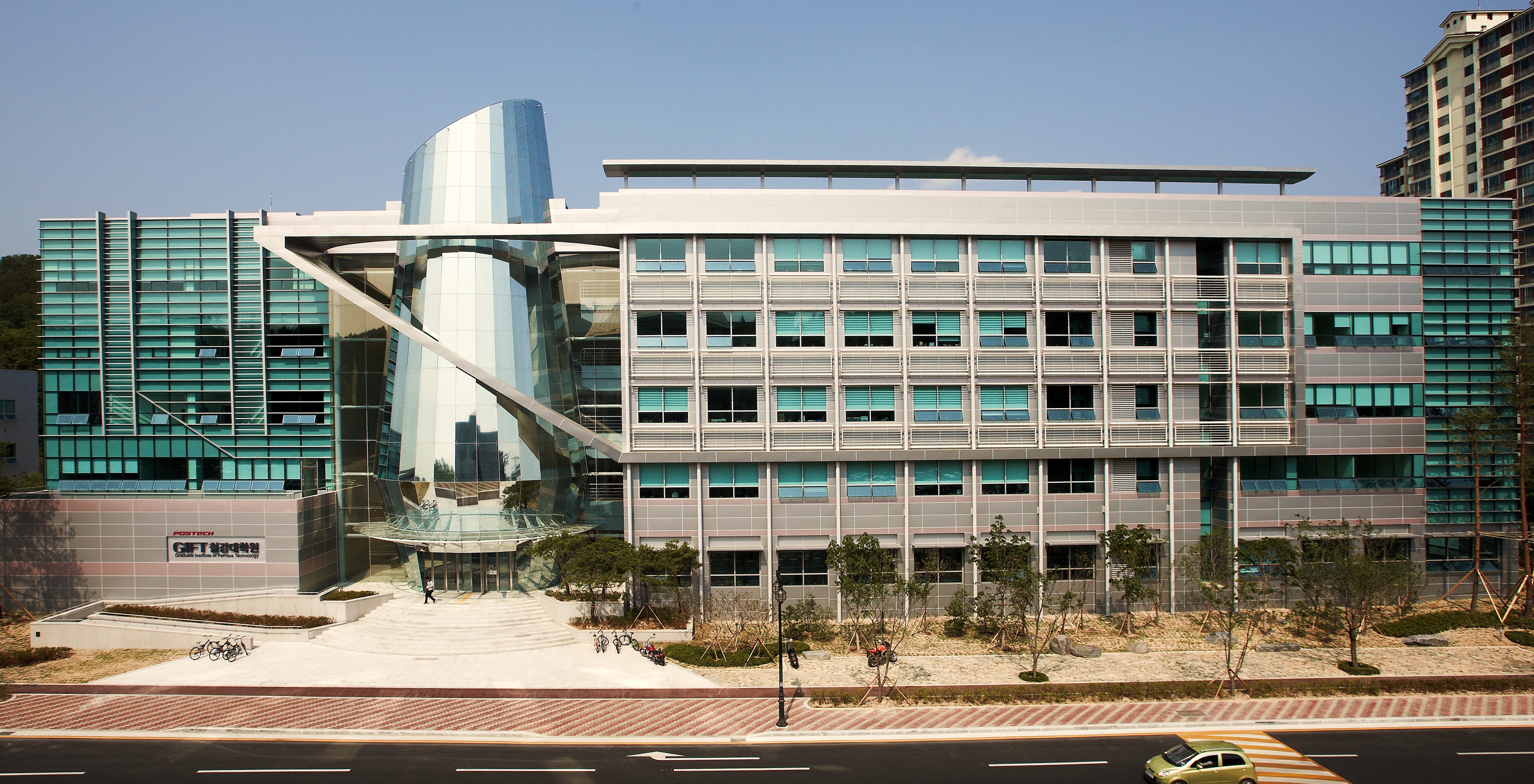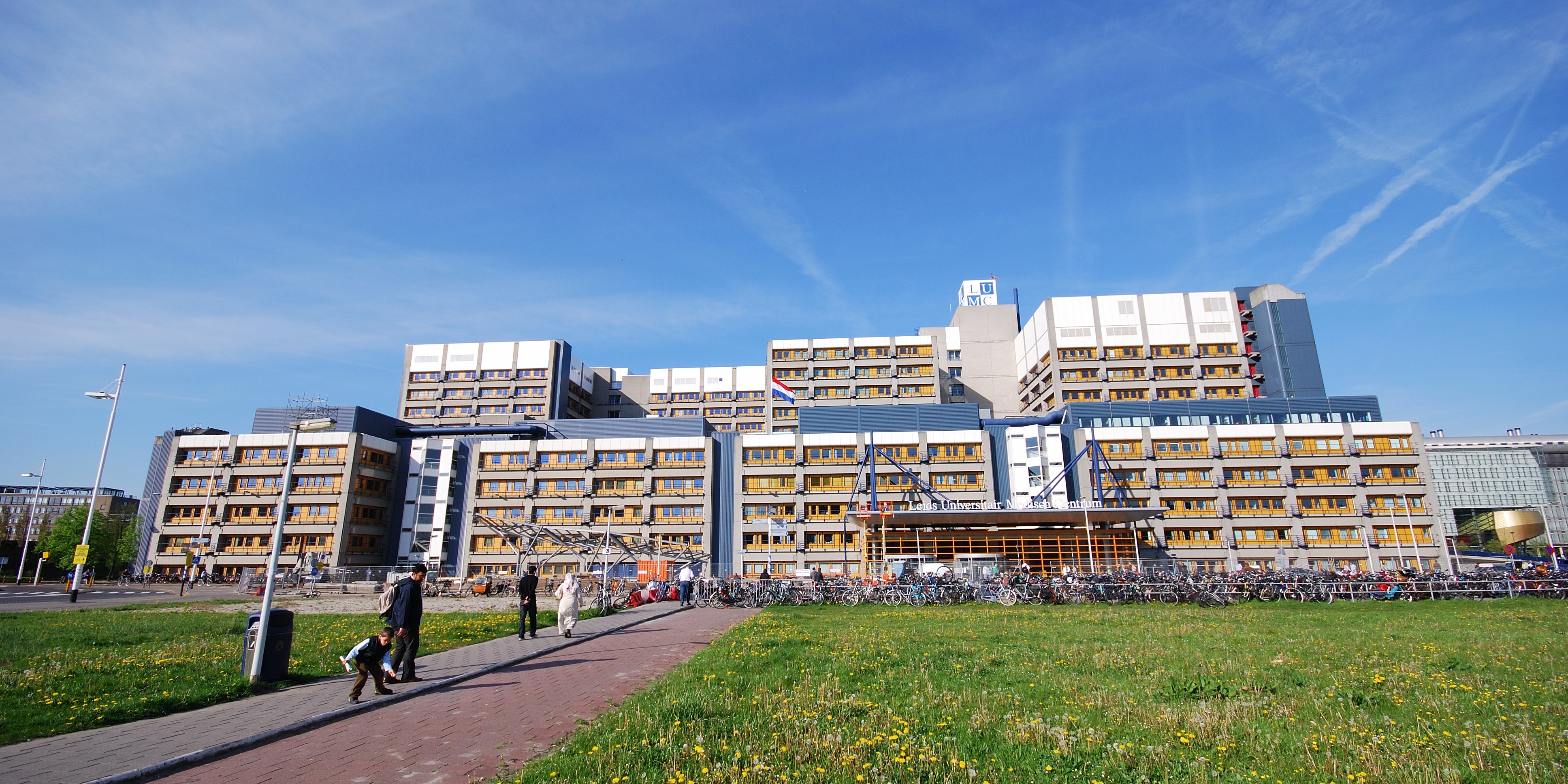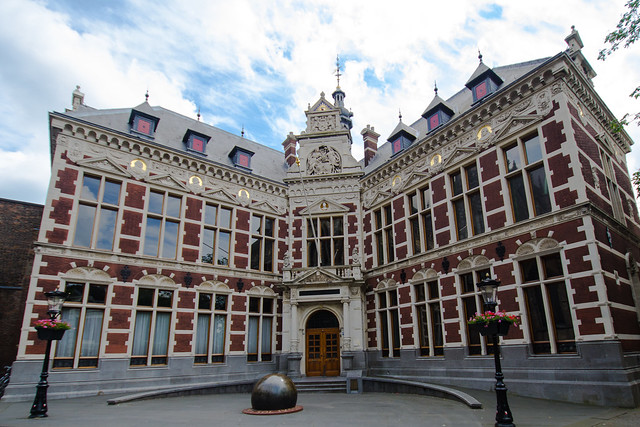POSTECH is one of most renowned universities in South Korea and frequently comes out on top in international rankings in engineering and natural sciences.The private university was endowned by large steel manufacturer.Ever since its establishment in 1986, POSTECH has stayed true to its role in Korean higher education as a pioneer in science and technology research. Located in the city of Pohang, the 400-acre, park-like campus is home to the Pohang Accelerator Laboratory and minutes away from POSCO, the fourth-largest steelmaking company in the world. POSTECH has come a long way in its short history to become globally recognized as one of Asia's premier universities and among the most selective, highly ranked research universities in Korea.
As one of Korea's top universities dedicated to science and engineering,
POSTECH offers four-year programs in 10 departments and POSTECH's Graduate
School offers programs in 11 departments. Students here are instructed by some
of the finest professors and scholars in the world. POSTECH also provides some
of the best research facilities and learning resources available on the
beautifully laid out campus for its students and faculty to utilize during
their tenure here. The excellence of the university extends far beyond the
campus, as POSTECH has international cooperative agreements in place with 73
sister universities all across the world. Every year, more of our students are
selected to study and take internships abroad while more international students
are also admitted to our university.
POSTECH is actively engaged in R&D as it supports over 45 research
centers on its campus. Through all this, POSTECH continues its pursuit of
excellence and maintains its integrity in providing the best possible education
for its gifted students. The ultimate goal of POSTECH is the betterment of not
just Korea, but of the entire global family - human civilization in the 21st
Century and beyond.
With a founding vision to advance the development of the nation and pursue
the betterment of humanity, POSTECH first opened its doors in December 1986 as
the first research-oriented university in Korea. After 28 years of its short
history, POSTECH today has established itself as one of the top research
universities in Asia with global competitiveness and prominent growth
potential. POSTECH was ranked 28th among universities in the world in 2012 and
no. 1 in the world’s top 100 universities under 50 years old by Times Higher
Education for three consecutive years from 2012 to 2014.
The global academic community has been astounded by the rapid rise of this
young, private university established in a rural area of a non-English speaking
country. POSTECH defied the odds by blazing new trails in higher education and
research by placing a strong focus on student-centered learning, excellent
research, and well-oiled academia-industry collaboration.
POSTECH has strategically maintained its small size and excellence in
quality by admitting only 320 top-notch students each year to the undergraduate
programs through a highly selective process. It is currently home to about
1,400 undergraduate students and 2,100 graduate students. POSTECH provides
customized education for the selected few and nurture them to become
well-rounded future global leaders who can find solutions to grand challenges
and drive humanity’s sustainable development. The University offers academic
and research programs in four departments of science, seven departments of
engineering, and interdisciplinary programs in related academic fields.
As a pioneering research oriented university in Korea, POSTECH has
consistently strived to raise the bar higher for advanced research. Home to
more than 70 research institutes, POSTECH offers many state-of-art research
facilities, including the nation’s only synchrotron radiation facility. In
2016, Pohang Accelerator Laboratory will start operation of the 4th generation
light source, which produces lights 10 billion times brighter than the existing
3rd generation light source. POSTECH is a stronghold of cutting-edge research
where graduate students, researchers, and faculty members are driven to conduct
groundbreaking research.
As POSTECH students and faculty come from all corners of the nation and
world, all academic members are guaranteed on-campus housing, making the campus
the best environment for intensive education and research that continues day
and night. On POSTECH’s bilingual campus, not only instruction in academic
degree programs is given in English, but also all official university meetings,
events, activities, documents, and announcements are in both English and
Korean. The International Student and Scholar Services (ISSS) office closely
assists foreign members from their pre-arrival to departure.
POSTECH will continue to be a trailblazer exploring uncharted territories
in higher education and research and prepare to take its next leap forward as a
world-class institution of higher learning.POSTECH is located in Pohang, South Korea, which is located approximately
250 miles southeast of Seoul, the capital city of Korea. Pohang was once a small fishing village until
POSCO found its steel-making plants near this coastal town in 1970. It was the
birth of POSTECH in 1986 that firmly established Pohang’s reputation as a
center for science and technology. Pohang and the surrounding area now have
approximately half million residents and have become one of the most important
industrial centers in Korea. The POSTECH campus is 20 minutes from downtown
Pohang, and a 40 minutes from the eastern coast. Pohang’s east coast offers
relaxing beaches and picturesque views. The mountainous region hosts Bogyeong
and Oeo Temples, which are popular hiking sites. With remnants of an old
fishing village and the nation’s latest advancements, Pohang is truly a mixture
of the old and the new, both traditional and modern cultures.








